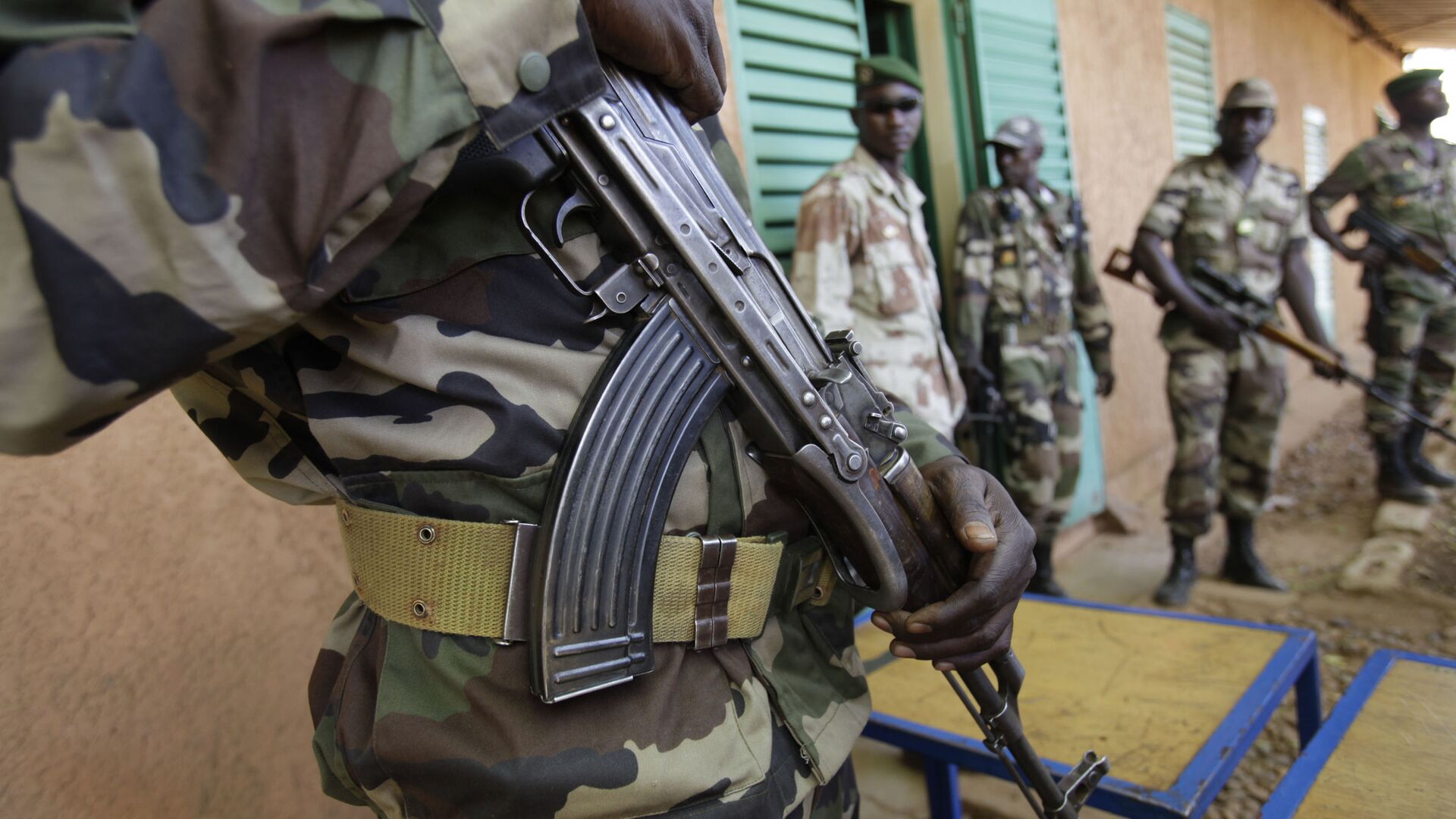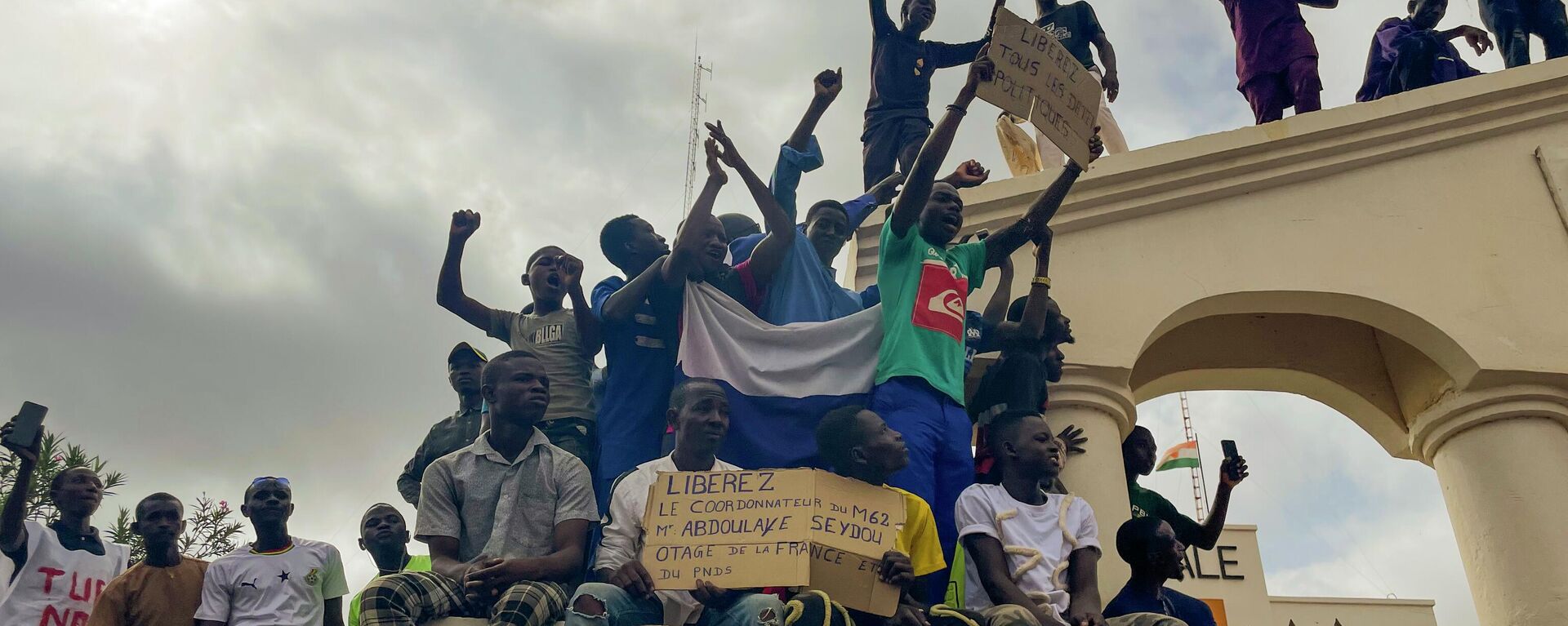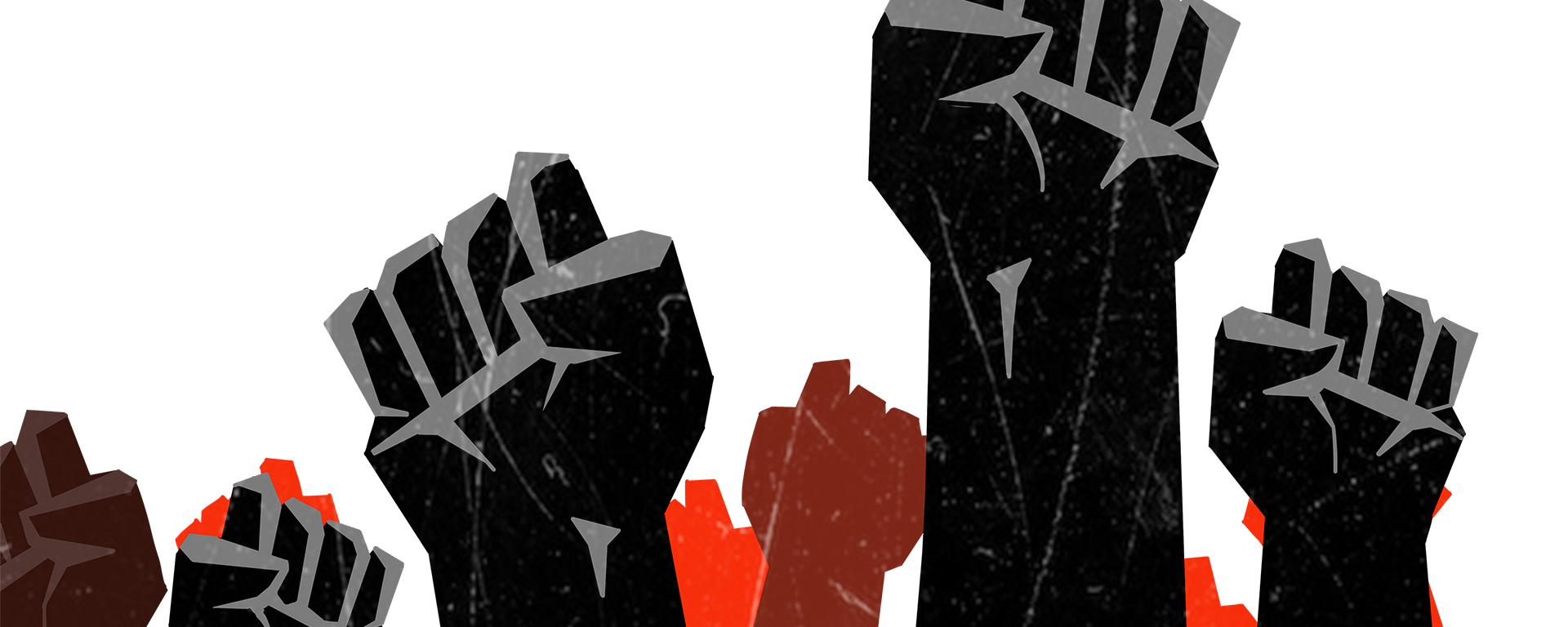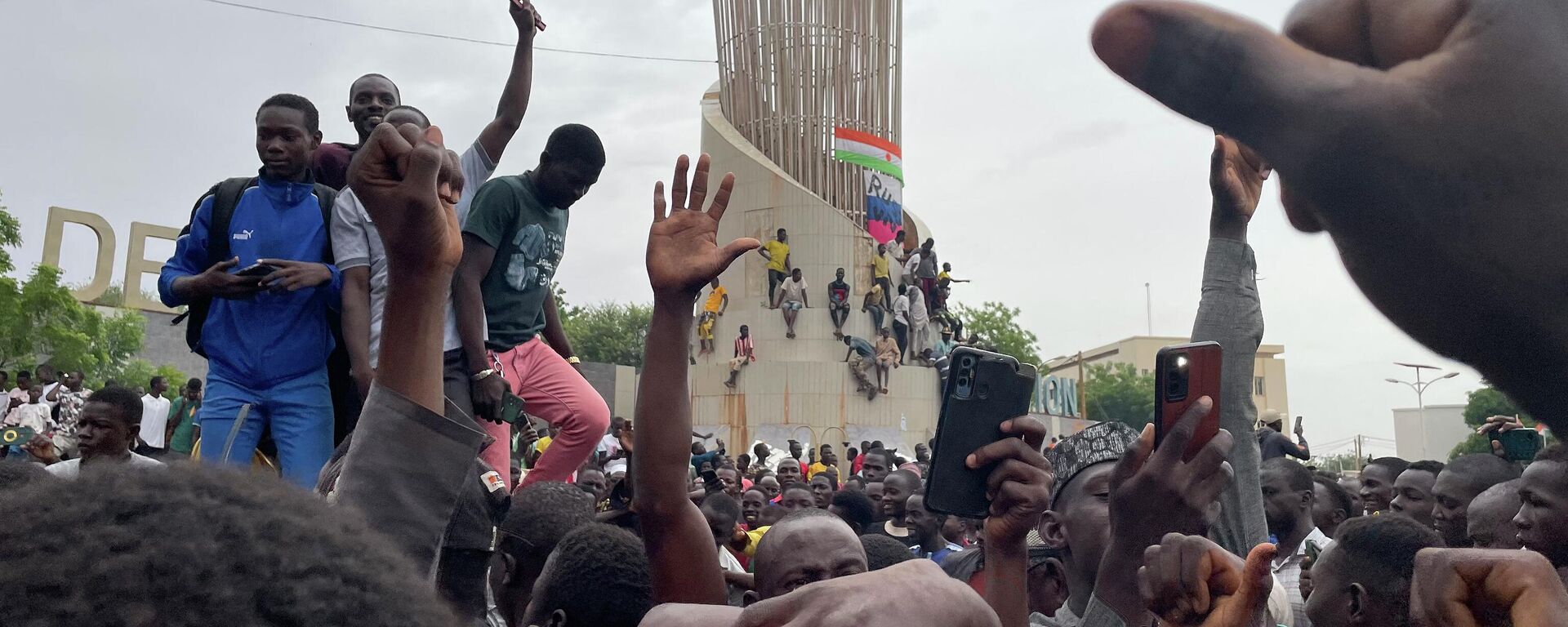CIA Veteran: Nuland’s Niger Trip Meant to ‘Intimidate’, ‘Threaten’ New Government
17:22 GMT 08.08.2023 (Updated: 12:48 GMT 09.08.2023)

© AP Photo / REBECCA BLACKWELL
Subscribe
Niger’s government was overthrown by the military last month. On Monday, Victoria Nuland met with members of the new government for talks. What does the arch-neocon’s visit mean for the West African nation’s future? Sputnik reached out to CIA veteran Larry Johnson and geopolitics professor Pierre-Emmanuel Thomann for answers.
Acting deputy secretary of state Victoria Nuland traveled to Niamey, Niger and met with acting Nigerien Defense Chief Moussa Salaou Barmou and his deputies on Monday for what she later described as “extremely frank and at times quite difficult” talks.
The visit, coming one day after the deadline set forth by the Economic Community of West African States (ECOWAS) to the new authorities to cede power back to President Mohamed Bazoum or face a military intervention, was unusual, in that previous military takeovers and takeover attempts in the landlocked West African nation in 2021, 2010, 1999 and 1996 did not see anywhere near the same level of attention from high-ranking Western officials.
“I hope they will keep the door open to diplomacy. We made that proposal,” Nuland told media after the talks. “Their ideas do not comport with the constitution. And that would be difficult in terms of our relationship if that’s the path they take, but we gave them a number of options to keep talking and we hope they take us up on that,” she added, referencing the demands by the ECOWAS, as well as France, the US and the European Union that the military government yields power back to the civilian president.
‘Sending a Message’
Nuland holds the number two position at the US State Department, which means Washington is “taking this situation very seriously,” retired CIA intelligence officer, State Department official and Africa expert Larry Johnson told Sputnik.
“Sending her on that kind of visit is designed to send a message that this is a high priority for the United States. And I think she was hoping basically to intimidate the coup leaders and to threaten them, let them know that the United States would not let this pass and hang over their heads the threat of an invasion or military action,” Johnson said.
“The fact that she comes out and says it was a difficult meeting, a tough meeting, means, I think that Nigerien coup leaders, the current government, refused to acquiesce to her demands,” the observer added.
The US, which has about 1,100 troops and at least four military bases in Niger, has been barred from using its $110 million drone-launching facility built in 2019 in the wake of the military takeover. In her comments Monday, Nuland said she and her Nigerien counterparts went into “considerable detail” about “the risks to aspects of our cooperation that [Defense Chief Barmou] has historically cared about a lot.”
Characterizing the US military presence as a situation Niger finds itself as one where the “camel” already has its “nose under the tent and…very well could fully insert itself,” Johnson said that “the possibility of US military action is high” because Niger’s military cannot be characterized as a peer adversary. “It’s not Russia, and so the United States prefers to beat up on the weaker countries,” he said.
Danger of Regional Conflict as West’s Influence Fades
Johnson believes the current crisis is related to the growing frustration in the US and France that their positions in Africa are being threatened by rising powers, including Russia.
“If you go back over just the recent history of Niger, over the last 20 years, Niger appeared prominently in 2001 because of yellowcake uranium that it was allegedly smuggling to Saddam Hussein. That turned out to have been a lie. There have been multiple coups in Niger since then. And at no time did the United States feel compelled to try to intervene or threaten the coup leaders of those previous efforts to, you know, restore the original government that they overthrew. I think what we're seeing is a play out of Russia's growing influence in the region. The United States and France are doing all they can to try to retain the colonial control that has been in place for close to a 100 years. And Nigeriens and the people of Mali and Burkina Faso are both standing up and saying, okay, we've had enough. We're no longer going to be under the thumb of the West. Nuland is trying to stop that. But I don't think she can,” he said.
Johnson characterized the threat of intervention in the crisis by ECOWAS, which has slapped sanctions on Niger and threatened to intervene with a 25,000 troop-strong invasion force, as a “very dangerous” but simultaneously ridiculous development, since the regional bloc has no real justification to intervene.
“Under what authority can ECOWAS claim that it can intervene militarily? It's not even a sovereign government, number one. It's a collection of different governments. But what in the world interest do they have or why do they have to intervene in the internal affairs of another country? It would be one thing if Niger was threatening to attack Nigeria, but it's not…This is all about uranium and some other rare earth minerals that are produced in Niger. The West desperately needs those minerals and wants to have unfettered access to them. And I think that what we're looking at is sort of the core of this conflict,” Johnson emphasized.
France, one of the few European nations which has not been completely swallowed up by recession thanks to an energy crisis following Europe’s short-sighted decision to restrict the purchase of Russian energy last year, relies heavily on a network of 56 nuclear reactors which generate nearly 70 percent of the country’s electricity. However, the nation imports 100 percent of the uranium fueling these reactors, with Niger providing 17 percent of France’s total uranium supplies. Following its takeover last month, Niger’s new military government froze uranium and gold exports to France.
“I would not trust the United States for anything at this point,” Johnson said,when asked about Nuland’s offer of US support in mediating the crisis.
“The United States does not have the best interests of Niger at heart. It would be serving as a proxy for France. France wants to retain control of Niger at the best of its ability, in part because it is dependent upon the uranium that is produced in Niger. Think about this: the quantities of uranium from Niger coupled with that from Russia, those two countries alone can actually cause some serious disruption in the uranium market, the global uranium market, that is needed to fuel nuclear power plants,” Johnson said, summing up the real reasons behind the crisis.
Nothing to Do With Democracy
"Western governments, Washington in particular, are engaged in a systemic global geopolitical rivalry against Russia, and not only in Ukraine but in all other regional theaters like the Caucasus, the Balkans and Africa, they fear any empowerment of Moscow," geopolitics professor Dr. Pierre-Emmanuel Thomann told Sputnik.
"They try to prevent any cooperation between this so-called 'junta' [in Niger] and Russia. Their motive has nothing to do with democracy or the well-being of local populations," Thomann, who serves as the director of Eurocontinent, a Brussels-based geopolitical think tank, added.
The West's goal, the observer stressed, is aimed at maintaining "exclusive American influence in these African countries to stop the emergence of a more multipolar configuration," and they are actually "eager to put at risk stability and push for local conflicts with their local proxies to maintain their local and global geopolitical supremacy."
"This is doomed to fail because African countries would like a more multipolar world, more balanced relationships with big powers, with big powers and recent Western military interventions...making this worse," Thomann said, pointing, for example, to the NATO-sponsored overthrow of the Gaddafi government in Libya in 2011, which turned the once-thriving North African nation into a failed state.






